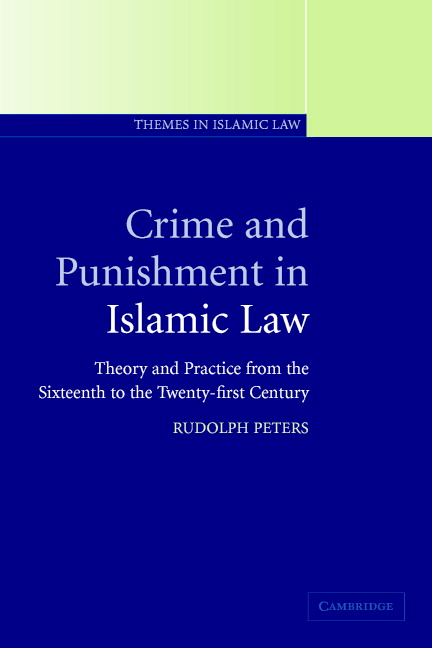Q.5 Islamic criminal law appears to be harsh, but a closer look reveals that in practice the most severe punishments are hardly ever applied.’ Discuss. 2016

Islamic criminal law, also known as Hudud, is often perceived as harsh due to the severity of the punishments prescribed for certain crimes. These punishments include amputation, flogging, and stoning to death. However, it is important to note that in practice, the most severe punishments are hardly ever applied. There are several reasons for this:
- Strict procedural requirements: In Islamic criminal law, there are strict procedural requirements that must be met before a punishment can be applied. For example, in order for a person to be sentenced to amputation for theft, there must be multiple witnesses who testify to the crime. These procedural requirements are difficult to meet, which means that the most severe punishments are rarely applied.
- High burden of proof: In Islamic criminal law, the burden of proof is very high. For example, for a person to be convicted of adultery, there must be four eyewitnesses who testify to the crime. This high burden of proof makes it difficult to apply the most severe punishments, as it is rare for there to be enough evidence to meet the requirements.
- Discretion of judges: Islamic judges have discretion in applying punishments, and they are encouraged to consider mitigating factors when making their decisions. This means that judges are able to take into account the specific circumstances of a case and may choose to apply a less severe punishment.
- Emphasis on rehabilitation: Islamic criminal law emphasizes rehabilitation over punishment. This means that punishments are designed to be deterrents and to encourage individuals to repent and reform their behavior. The severity of the punishment is less important than the goal of encouraging repentance and reform.
In practice, the most severe punishments in Islamic criminal law are rarely applied. Islamic legal scholars and judges take into account the procedural requirements, burden of proof, discretion of judges, and emphasis on rehabilitation when adjudicating criminal cases. While the severity of the punishments prescribed in Islamic criminal law may be perceived as harsh, the actual application of these punishments is limited and carefully considered.